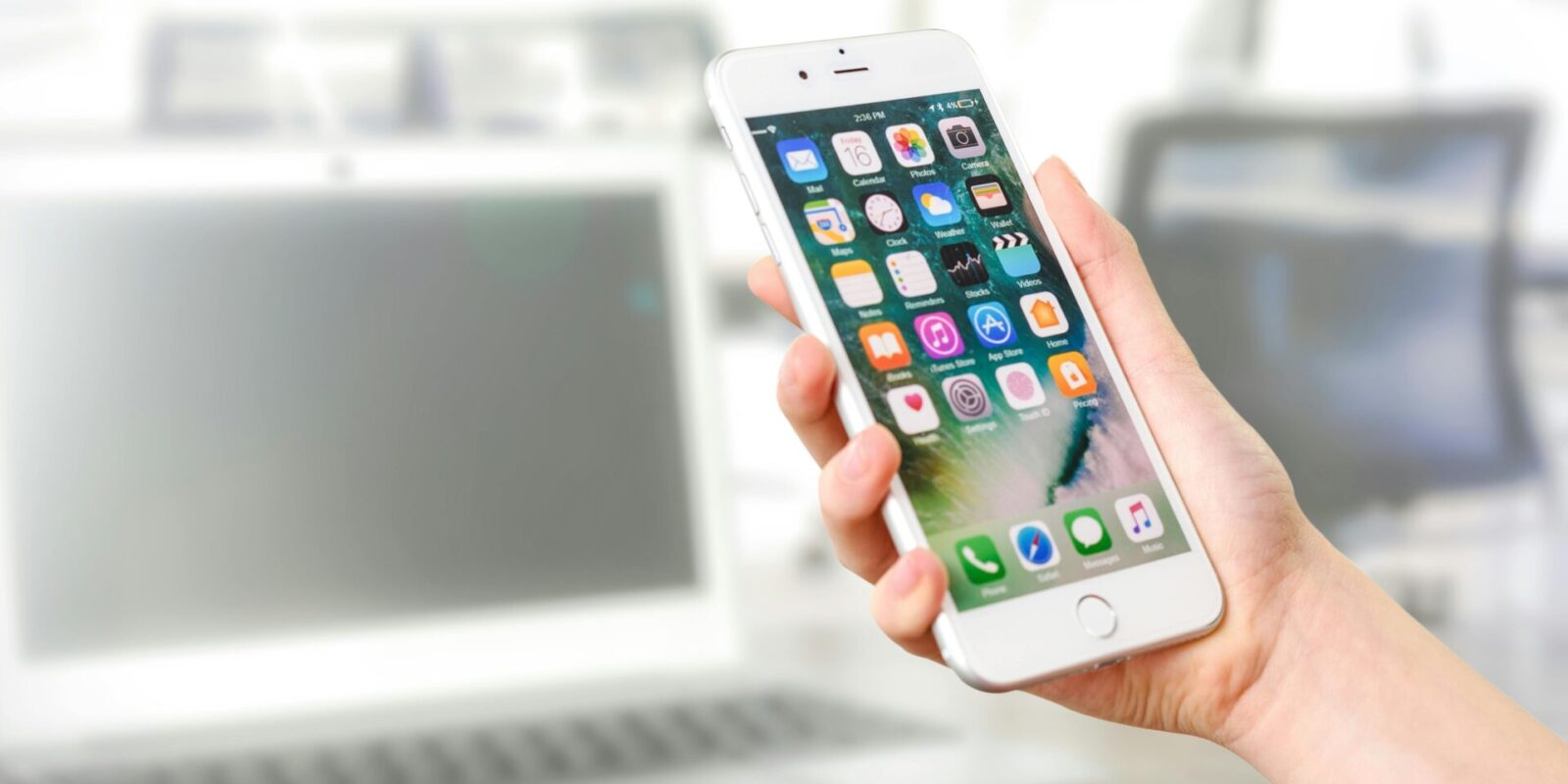 We’re glued to our phones, there’s no doubt about that. Whether you use it for work, school, your business, or get hooked scrolling through Instagram or TikTok daily.
We’re glued to our phones, there’s no doubt about that. Whether you use it for work, school, your business, or get hooked scrolling through Instagram or TikTok daily.
Screen time is how most of us spend the majority of our days. While entertaining, it can rob us of real connection, creativity, and our number one resource… our time. Today, we’ll review how to minimize that amount for a richer and fuller life.
Our technological world has made life more convenient and connected people worldwide in new ways. However, how much screen time is too much, and how can we lessen that amount?
Our phones have become what a comfort blanket is to a child. Have you ever misplaced your phone and felt completely lost without it? We all know that feeling of…now what?
More and more people are coming out today and admitting that they deal with stress and anxiety regularly. The terrifying things we witness on social media certainly don’t help. While staying informed is important, taking breaks is also good to help you stay anchored to reality and the present moment.
Use these tips and tricks below to make your screen time more intentional. Make the most out of your day instead of letting screen time take over to help your days become richer and fuller.
Grayscale-
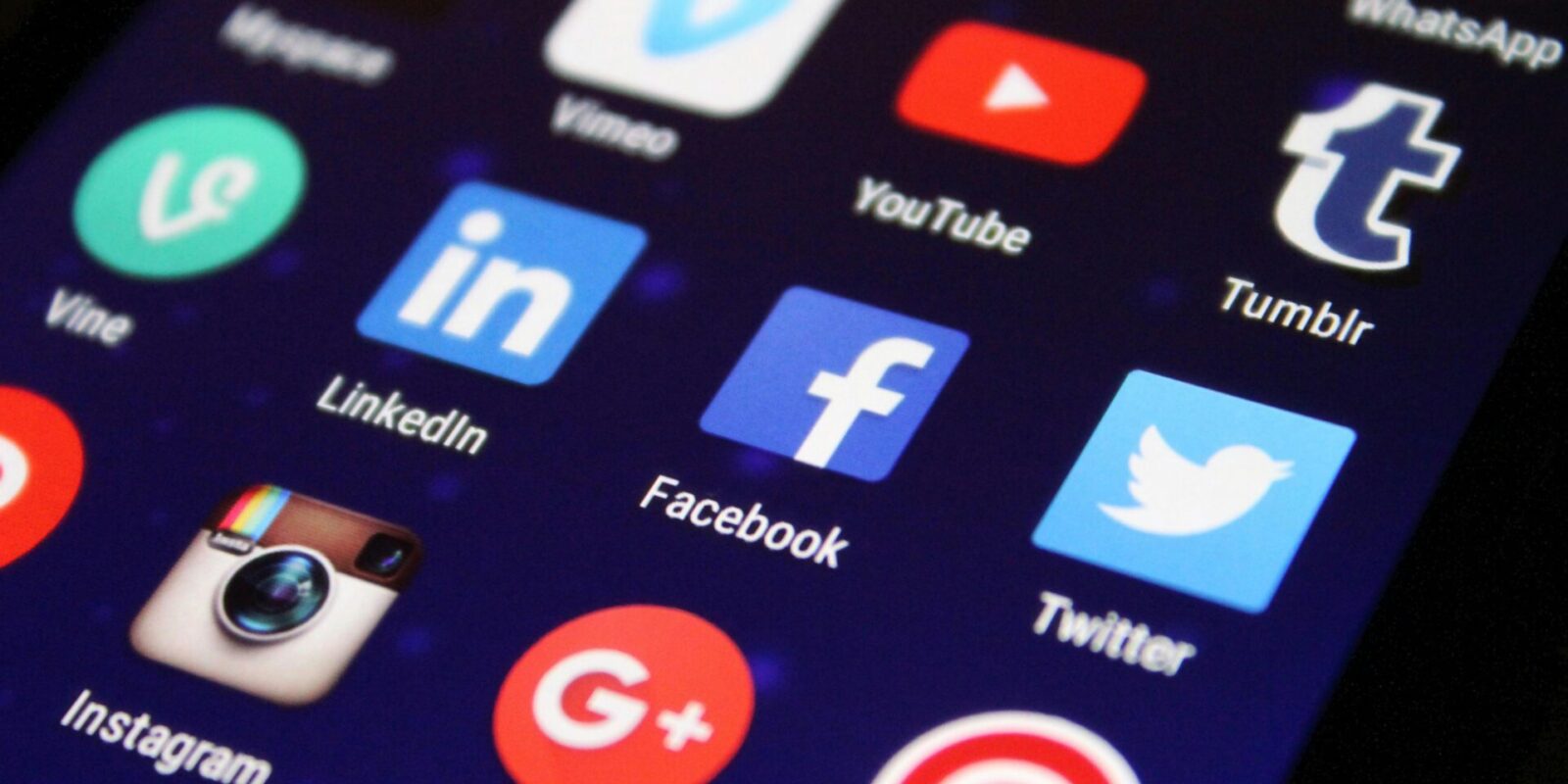 Apps are designed in ways that draw you in. The bright colours are designed to lure you into using it more often. If you’ve transformed your home screen to look more aesthetic, that will also draw you in more often.
Apps are designed in ways that draw you in. The bright colours are designed to lure you into using it more often. If you’ve transformed your home screen to look more aesthetic, that will also draw you in more often.
By switching your phone screen to grayscale and making it less visually appealing, it’ll become less enticing to pick up and look at.
To give your phone the grayscale layout, go to settings, accessibility, display text & size, colour filters, and grayscale should appear. Try this method to see if it deters you from constant phone pickups.
Intentional Pickups-
Our phone pickups throughout the day are pretty mindless. It’s said that the average human picks up their phone at least 58 times a day. If we’re bored or procrastinating doing something else, then it becomes a pretty regular habit.
Being mindful of when and why we’re picking up our phones so often can help to minimize our daily amount. These pickups can last anywhere from a couple of minutes to a couple of hours, so the total amount adds up.
Are you picking up your phone because you have a harder, more important task waiting for you? Could you be bored at work or school and want a distraction? Are you at home and feel there’s nothing better you could be doing?
By getting to the root cause, you can readjust. Maybe there’s nothing you care to see on your phone, but you’re bored. Try out an activity that you’ll love instead, or get outside to distract yourself.
Humans have gotten so used to constant stimulation that solely being in the present moment has become uncomfortable. Get used to that uncomfortable feeling of being bored and aim to find a different activity other than your phone to curb the boredom.
By being intentional with our screen time, we can lessen the overall amount.
Log Screen Time-
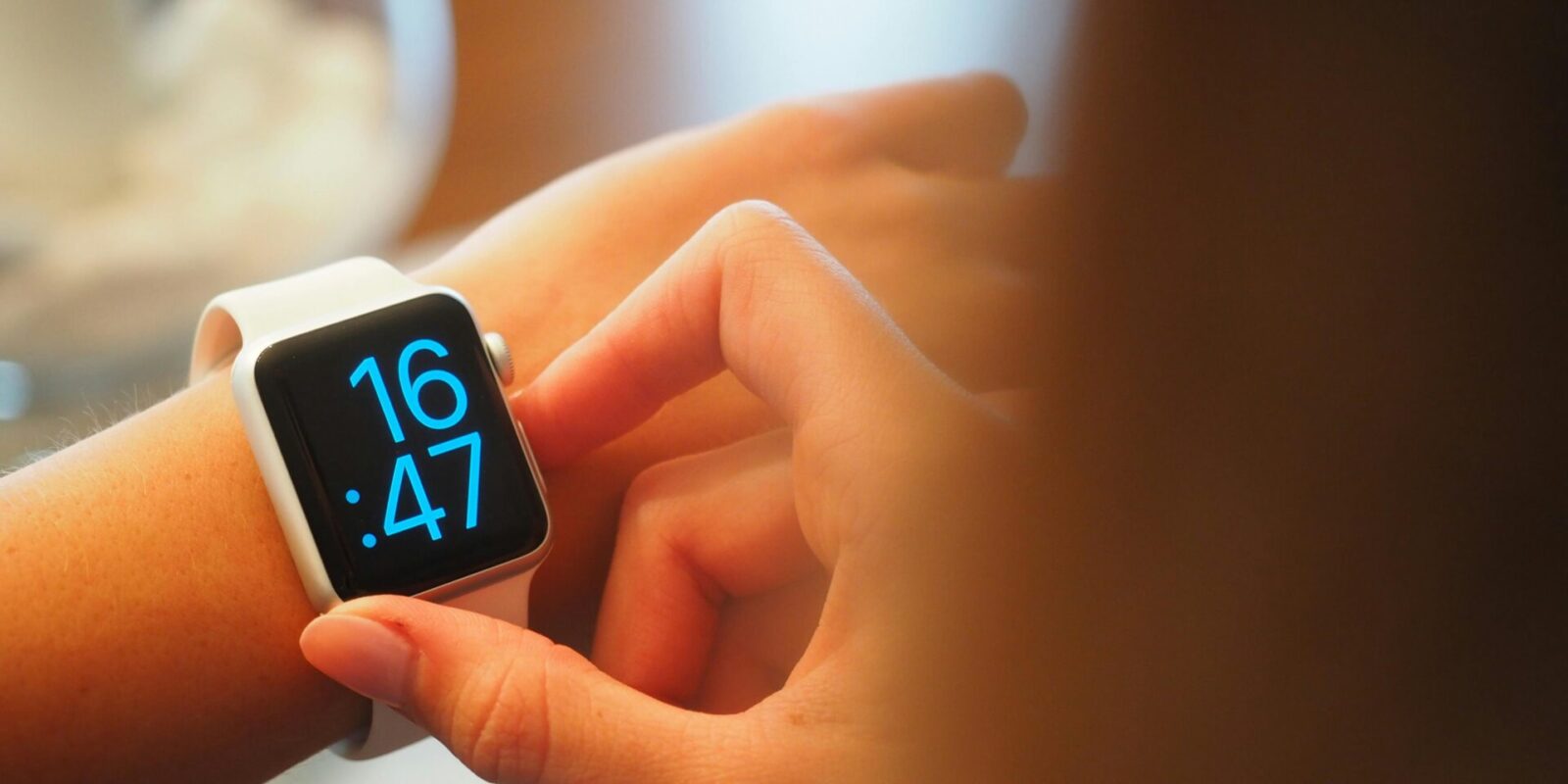 We can’t know how to improve on something if we don’t know how big a problem it is. Commit to a certain amount of time you’d like to spend on your phone daily and aim to stay within that number. You might be ok with more screen time on the weekends and less on weekdays, or vice versa.
We can’t know how to improve on something if we don’t know how big a problem it is. Commit to a certain amount of time you’d like to spend on your phone daily and aim to stay within that number. You might be ok with more screen time on the weekends and less on weekdays, or vice versa.
When you’re aware of how much time you actually spend on your phone, you can take the appropriate steps to change it. Maybe 3 hours a day is too much for you, while others are in the 5-6 hour range.
It might have to be a bit higher, especially if you use your phone a lot for work or school. Find a number that is realistic for you and work with it.
Schedule Breaks-
When you have the time, schedule phone breaks where you leave your phone in another room. This way, it’ll be out of sight, out of mind. Try to turn it on silent if possible, but if you can’t, then that’s alright. Do this for an hour or two during whatever time frame works best for you. If you have to get work done without your phone, then you’ll have a much easier time concentrating.
If you’d prefer, use this time for a relaxing activity like reading, journaling, painting, or other creative outlets. You’ll find your mind is much clearer when doing this regularly.
It’s recommended to leave your phone out of the bathroom and bedroom. Invest in an alarm clock to wake you up if you rely on your phone’s alarm.
Our phones emit blue light, which stops our bodies from producing melatonin, the hormone that helps to regulate our sleep/wake cycles. This can lead to you having a more difficult time falling asleep at night. By making these small intentional changes, you can drastically improve your overall sleep quality.
Don’t Eat With Screens-
Sometimes, nothing is better than eating while staring at a phone or TV screen; however, you should aim to eat at least a few of your meals without screens. Practice eating slowly and enjoy the food in front of you instead of mindlessly eating.
This can help you notice your hunger cues better and stop eating when you’re full. If you live with others, engage in conversations while eating a meal together. This will help you to feel more connected to those around you.
Comparisons-
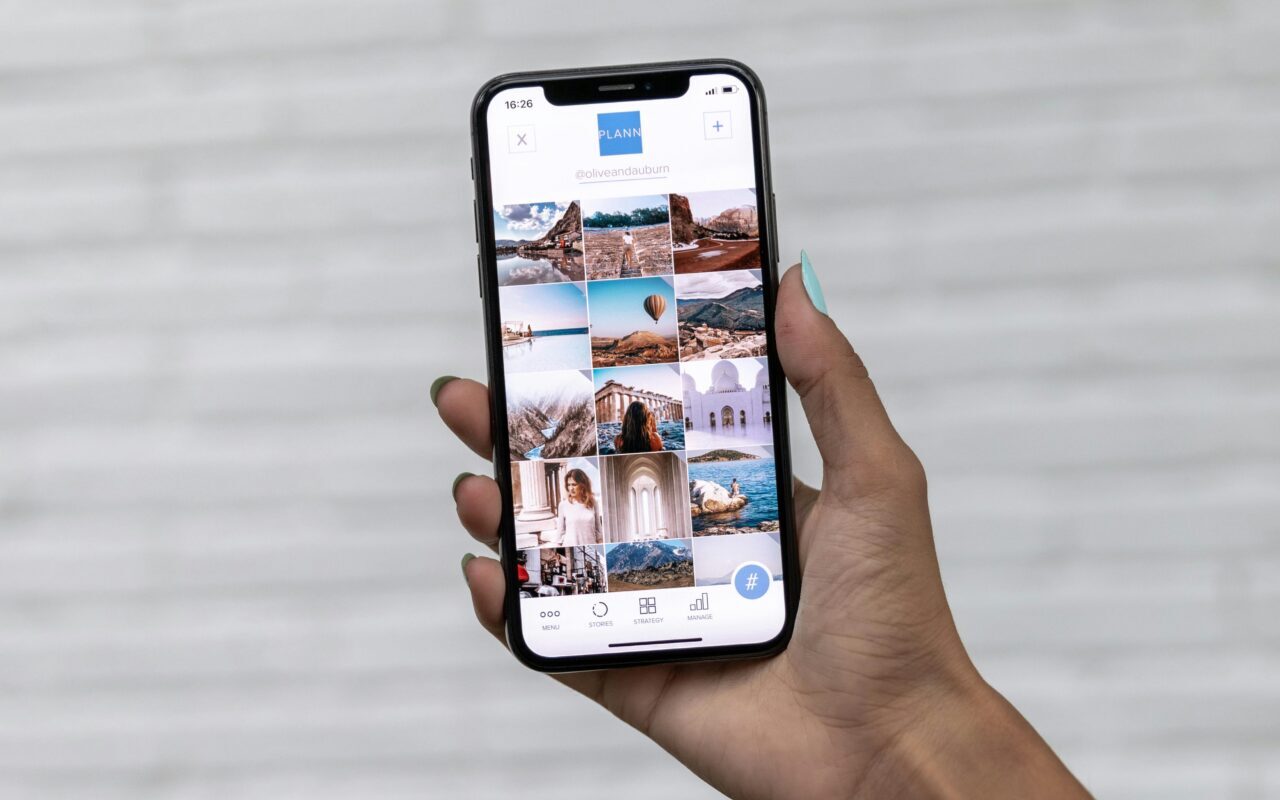 Social media can wreak havoc on our self-esteem by allowing us to regularly compare ourselves to others. On our worst days, we’ll be seeing someone’s best day or best-edited photo while we feel like shit.
Social media can wreak havoc on our self-esteem by allowing us to regularly compare ourselves to others. On our worst days, we’ll be seeing someone’s best day or best-edited photo while we feel like shit.
Of course, we want to be happy for other people and their achievements, but some days it does nothing for us. If you feel yourself constantly comparing yourself, it’s wise to take social media breaks from time to time.
Try to remember as well that social media can often be all smoke and mirrors. You don’t see someone else behind the scenes and never know what’s truly going on. If you feel worse after getting off social media, that’s a good sign to step away from it from time to time.
FOMO-
When we aren’t constantly checking our phones, we can tend to get phone FOMO. What we think we’re missing out on IDK. Try to remember that whatever you’re missing out on will likely still be there tomorrow.
While we might get phone FOMO, think of how much real life we are missing out on by being glued to our cell phones. There are many other things to do and see in real life that are much better.
Delete Apps From Home Screen-
If you just can’t stop tapping, try deleting your apps from the home screen. This will make it harder to mindlessly open your most-used apps. Again, this is an out-of-sight, out-of-mind tactic that can help to lessen the number of times you enter certain apps.
Remember that apps are smartly designed and are made to be addictive. They want to keep you coming back throughout the day. If that doesn’t work, try deleting the app entirely for a while and see how you feel.
Final Thoughts-
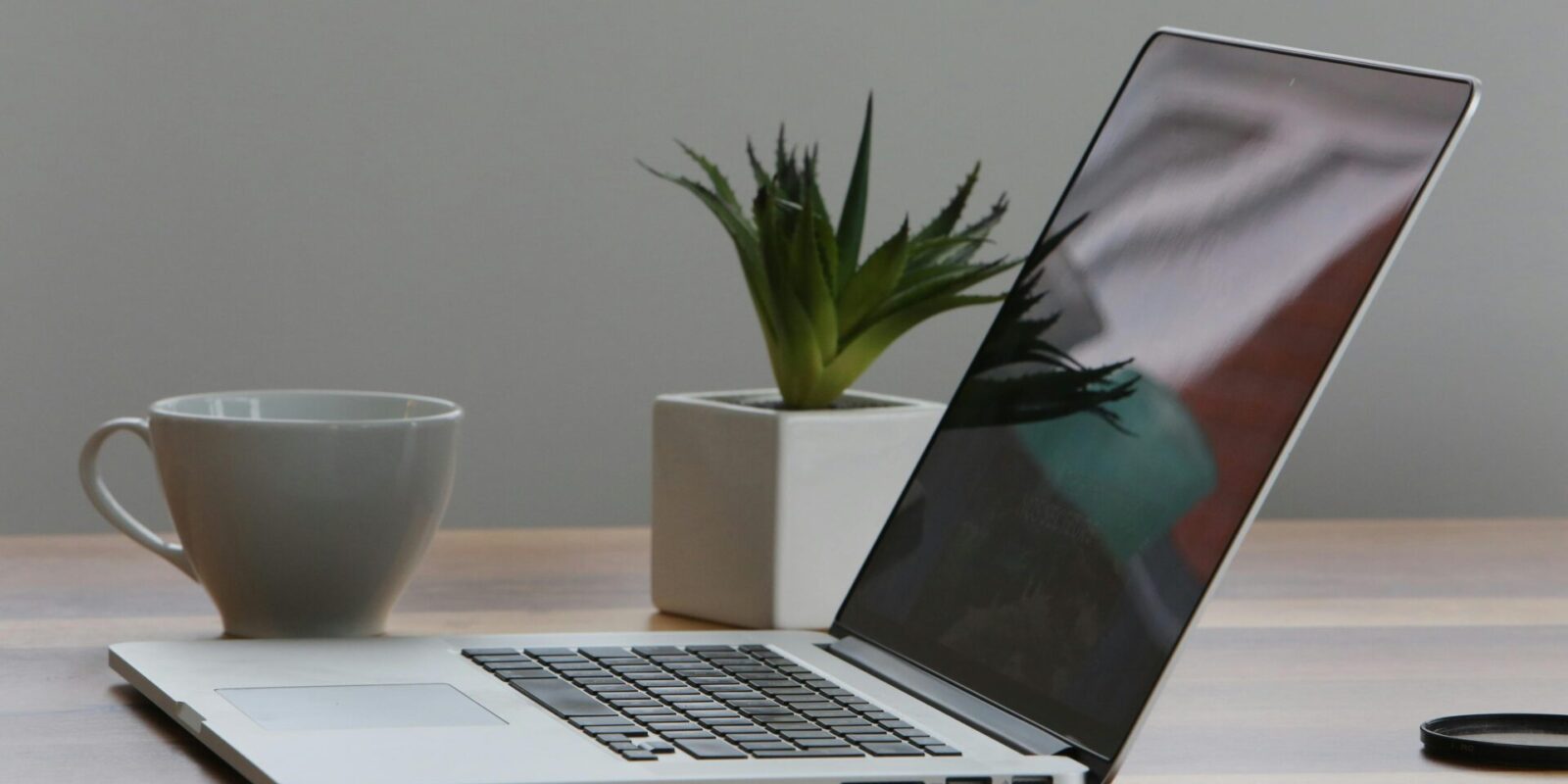 Let’s face it, technology has taken over and isn’t going anywhere. We need to learn to live in harmony with it and take mindful and intentional steps to not let it control our lives.
Let’s face it, technology has taken over and isn’t going anywhere. We need to learn to live in harmony with it and take mindful and intentional steps to not let it control our lives.
There is nothing inherently wrong with being slightly addicted to your phone…we pretty much all are. However, we should also remember that there is a full and rich life to live waiting for us beyond our phone screens.
By making slight changes to how we interact with our phones, we can reduce our screen time to make room for other activities and real-life connections. Things like switching the colourful home screen to grayscale, logging your screen time, scheduling breaks, and being intentional with your phone pickups can help to minimize the overall time spent on your phone.
Keep in mind that social media is not all that meets the eye. Reminding yourself that you’re not missing out on much when you’re not on social media is good to keep in mind when your phone is bringing up feelings of anxiety.
Hopefully, this post helped you to find ways to manage your screen time. Remember that there’s more to life than the technological world that lives inside the palm of our hands. Use these tips to help you find a healthy balance between your phone and your real life.




